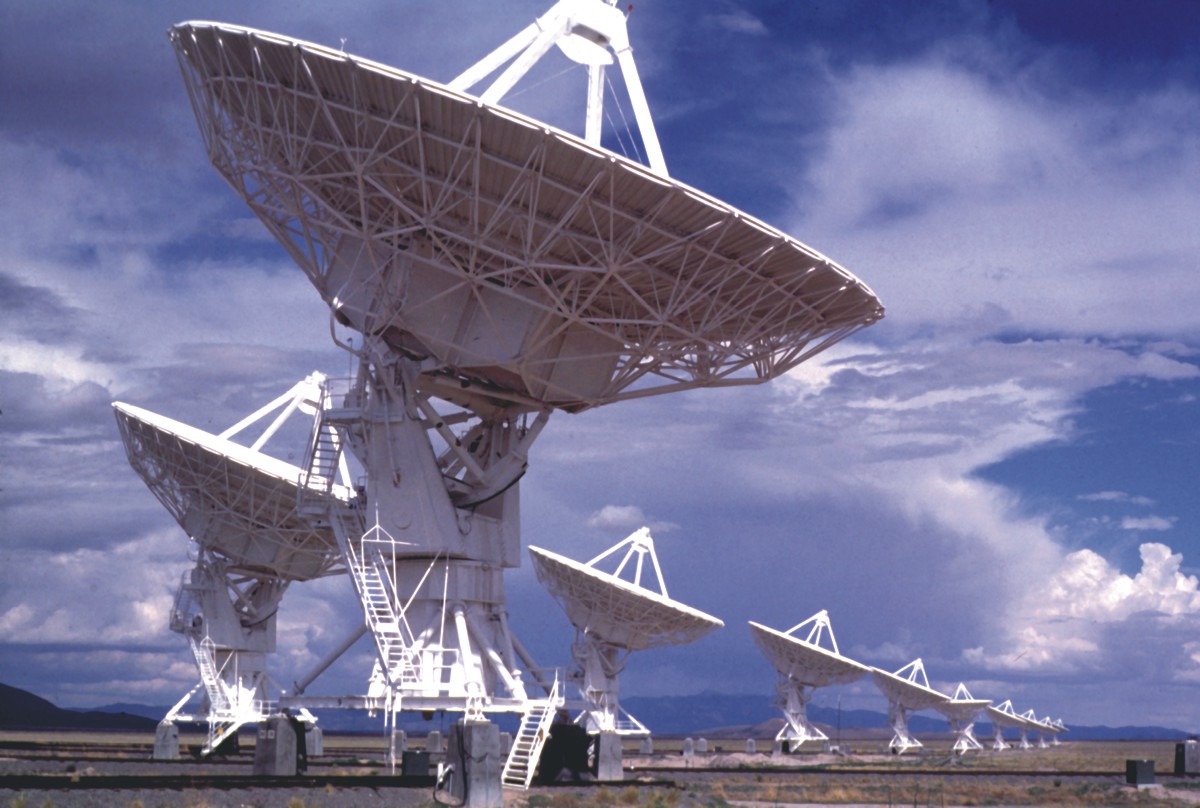Andrew Baker
Serin W309
Phone: 848-445-8887
Email: ajbaker[at]physics.rutgers.edu
Instructor
Conor Larison
Serin W331
Email: cl1449[at]physics.rutgers.edu


|
Professor Andrew Baker Serin W309 Phone: 848-445-8887 Email: ajbaker[at]physics.rutgers.edu
Instructor |


|
Course meetings
Lectures & project meetings: SERC 212, TTh 3:50-5:10pm
Office hours
Every week:
by
appointment
Textbooks
This course does not have an official textbook.
Overview
Here's the official course catalog listing for Physics 346:
"Introduction to the tools and techniques of observational astronomy across
the electromagnetic spectrum and to their application in the context of
current research in astrophysics. Extended projects offer each student an
opportunity to work with astronomical data from at least two wavelength
regimes (among radio, optical/infrared, and X-ray), and in the two core modes
of astronomical observations (imaging and spectroscopy)."
The course will also feature some discussion of modes of observation (e.g., detection of gravitational waves and particles like neutrinos and cosmic rays) that do not rely on the electromagnetic spectrum. A significant goal of the course is to develop skills (including programming) that are useful in the context of research and other STEM careers.
Schedule
Lectures: Tuesday classes will have a standard lecture format,
following the tenative set of topics that are listed below (which may be
updated during the course of the semester). The next-to-last lecture is
tentatively reserved for a topic related to observational astronomy to be
chosen shortly after spring break by the students enrolled in the
course, and may include a discussion with a guest speaker who joins us in
person or by videocon.
Project meetings: A majority of your grade will be determined by two
group projects that will occupy slightly less than half of the semester apiece.
The first project will feature the analysis of imaging data; the second
project will feature the analysis of spectroscopic data. Groups will be
assigned with some consideration to preference among multiple options.
Most Thursday classes will be devoted to meetings with your teammates (and
the instructors) to work on the project. Each project will have three key
milestones:
| WEEK | LECTURE | TOPIC | DUE |
|---|---|---|---|
| 1 | Jan 21 | course organization; radiative processes; specific intensity | |
| 2 | Jan 28 | practical aspects of observing | |
| 3 | Feb 4 | imaging vs. spectroscopy; coherent vs. incoherent detection | |
| 4 | Feb 11 | Fourier transforms, convolution, and cross-correlation | first project data check |
| 5 | Feb 18 | radio astronomy: telescopes | |
| 6 | Feb 25 | radio astronomy: aperture synthesis | |
| 7 | Mar 4 | radio astronomy: deconvolution | |
| 8 | Mar 11 | first project presentations | |
| Mar 14 | first project reports (11:59pm) | ||
| 9 | Mar 25 | optical/IR astronomy: telescopes and instruments | |
| 10 | Apr 1 | optical/IR astronomy: adaptive optics | |
| 11 | Apr 8 | X-ray astronomy | second project data check |
| 12 | Apr 15 | multi-messenger astronomy | |
| 13 | Apr 22 | student choice | |
| 14 | Apr 29 | second project presentations | |
| May 12 | second project reports (11:59pm) |
Grading Your course grade will be based on a combination of four elements:
Academic integrity
Students are expected to maintain the highest level of academic integrity. You
must follow the university policy on academic integrity.
Use of external sources to obtain solutions to homework assignments or exams is cheating and is a violation of the University Academic Integrity policy. Cheating in the course may result in penalties ranging from a zero on an assignment to an F for the course to expulsion from the University. Posting of homework assignments, exams, recorded lectures, or other lecture materials to external sites without the permission of the instructor is a violation of copyright and constitutes a facilitation of dishonesty, which may result in the same penalties as explicit cheating.
Not only does the use of such sites violate the University's policy on Academic Integrity, using such sites interferes with your achievement of the learning you are paying tuition for. Assignments, quizzes, and exams are given not simply to assign grades, but to promote the active learning that occurs through completing assignments on your own. Getting the right answer is much less important than learning how to get the right answer. This learning is critical to your success in subsequent courses and your careers.
Almost all original work is the intellectual property of its authors. These works include syllabi, lecture slides, recorded lectures, homework problems, exams, and other materials, in either printed or electronic form. The authors hold copyrights in these works, which are protected by U.S. statutes. Copying this work or posting it online without the permission of the author violates the author's rights. More importantly, these works are the product of the author's efforts; respect for these efforts and for the author's intellectual property rights is an important value that members of the university community take seriously.
Other items